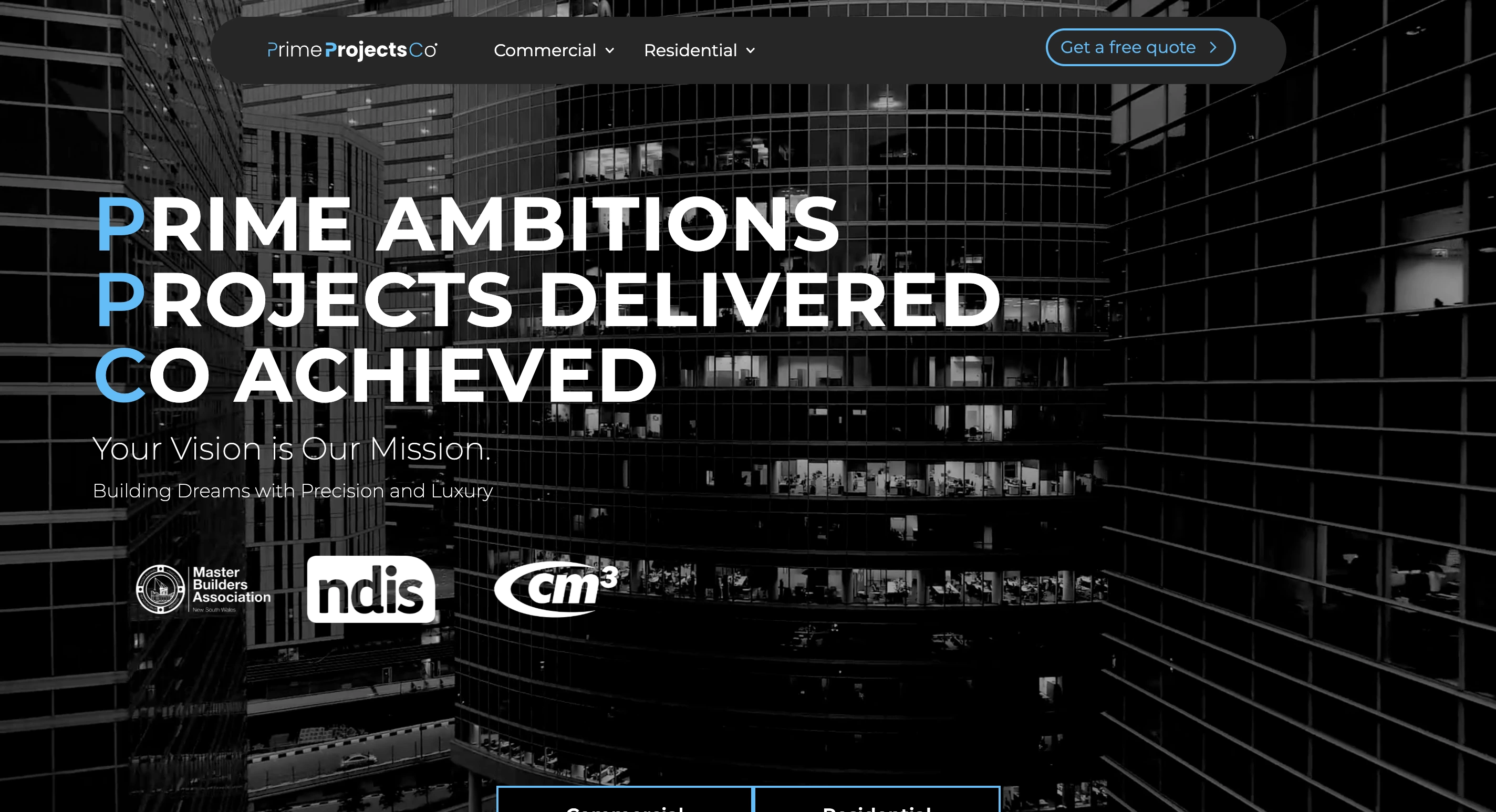
Rouse Hill Businesses Trust Us for Digital Growth
From small Rouse Hill startups to established Sydney businesses, Striker Digital delivers the web design, SEO, and Google Ads expertise that drives real growth. We're not just your digital agency - we're your growth partner.
Whether you need a website that converts visitors into customers, SEO that gets you found on Google, or Google Ads that generate qualified leads, we've helped Rouse Hill businesses achieve measurable results. Ready to grow your business online?
Digital Services for Rouse Hill Businesses




